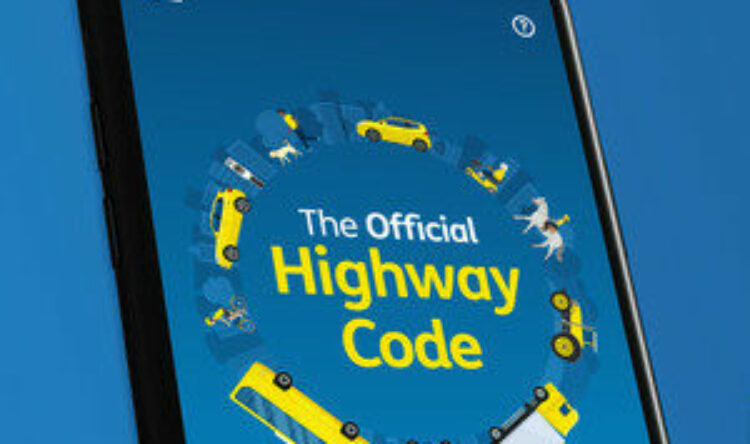Exceptional hardship of legal loopholes
Cycling UK calls again on the government to close loopholes that protect dangerous drivers
Cycling UK has renewed its call on the government to close loopholes and protect innocent road users.
Too many people are escaping driving bans resulting in the death and serious injury according to the organisation.
Avoiding bans
Accruing accruing 12 penalty points on a driving licence should mean a driving a ban. However, if they can show it would cause “exceptional hardship” they often retain their licence. More than 83,000 drivers with 12 points or more have escaped disqualification in the past 10 years.
In October 2020, the Sentencing Council issued new guidance for magistrates. The aim was to reduce the number of offenders avoiding disqualification.
The Council suggested that courts too often impose short discretionary disqualifications (of less than 56 days) instead.
Duncan Dollimore, Cycling UK’s head of campaigns, said: “The Sentencing Council’s report shows we now have a loophole within a loophole. The result is people who should be facing six month or longer driving bans are continuing to pose a risk on our roads, often with fatal results.”
Holey moley
The Sentencing Council cannot enact legislative change. Instead, they can only issue guidance for magistrates to follow. But the evidence shows that guidance is failing, so Cycling UK believes the government must enact the necessary legislation.
“For the past eight years we have been promised by successive ministers a review of Road Traffic Offences and Sentencing. This review, if it ever begins, could put an end to the fatal flaws, like the exceptional hardship loophole, in our current road safety legislation,” said Mr Dollimore.
“Exceptional hardship is not losing the right to drive, exceptional hardship is what families such as Louis McGovern’s and Lee Martin’s have to face when their loved ones do not return home. Exceptional hardship is when the courts put the retention of someone’s licence to drive above the safety of other road users. Exceptional hardship is when the courts allow irresponsible people to carry on driving until they cause further harm or death on the roads.
“The law, as it is, does not deliver justice and fails to reduce danger on our roads. For more than eight years the government has recognised that our road traffic laws are failing – it’s about time they brought in their much needed change.”
Fatal failures
Cycling UK highlighted two cases where drivers should have been banned. They were allowed keep their licences after pleading “exceptional hardship”. They went on to cause deaths on the road for which they were later imprisoned. Meanwhile, the families of their victims face very real hardship and heartbreak as a result of their actions and having a licence:
- Christopher Gard accumulated eight convictions for using a mobile phone while driving. He escaped a ban in June 2015 by arguing that it would cause him to lose his job, highlighting that this would impact negatively on his young son, and his son’s mother. He promised to keep his phone locked in his boot. Six weeks later, he had already broken his promise. Texting again behind the wheel he ploughed into the back of cyclist Lee Martin, killing him. Gard tried to cover up his actions by deleting his texts. He was later jailed for nine years for causing death by dangerous driving.
- In 2004, Kurt Sammon ran over 13-year-old Michael Weaver, who died. Sammon, who had taken methadone, failed to stop and abandoned his car two miles away. He was reported to have served just three months in prison after admitting failing to stop and report an accident. He also had no insurance or MOT. In October 2018, following mobile phone offences, he escaped a ban by pleading exceptional hardship, saying it would affect his job and his ability to care for his mother. In January 2019, Sammon was fielding a call on his hands-free mobile when he jumped a red light in his van. He hit 30-year-old motorcyclist Louis McGovern, who died from his injuries the following day. Sammon was convicted of causing death by dangerous driving and jailed for seven years.
Celebrity status
The report also highlights several other cases of drivers, including celebrities. These include actor Steve Coogan, former model Katie Price and singer Ian Brown. They all escaped a ban using the ‘exceptional hardship’ argument. Exceptional hardship pleas are not recorded separately. However, official figures show that more than 83,000 people escaped an automatic driving ban due to “mitigating circumstances” between 2011 and 2020.






